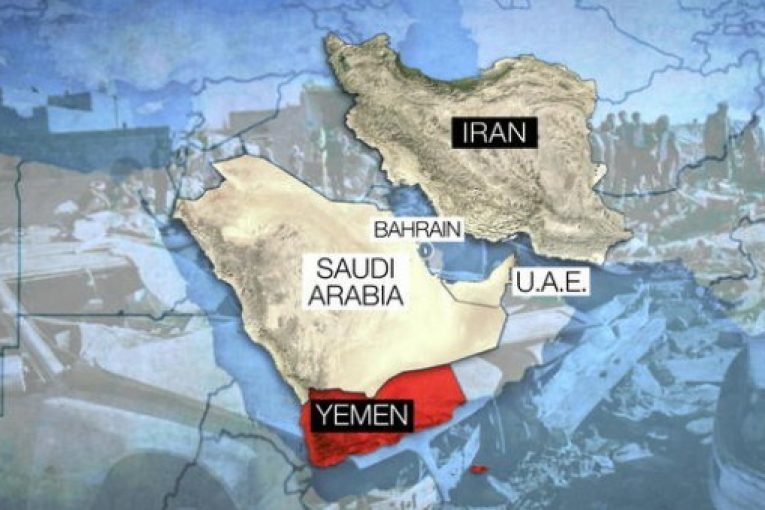
أعداد الباحث : جاسم محمد حاتم/ ماجستير علوم سياسية
- المركز الديمقراطي العربي
- مجلة مدارات إيرانية : العدد الرابع حزيران – يونيو 2019 دورية علمية محكمة تصدر عن المركز الديمقراطي العربي “ألمانيا –برلين” .تعنى بالشأن الإيراني داخليا واقليميا ودوليا.
-
فصلنامه مدارات إيرانية فصلنامه أي علمي از طرف مركز دمكراسي عربي برلن منتشر مي شود.
للأطلاع على البحث “pdf” من خلال الرابط المرفق :-
الملخص :
تنطلق الرؤية الإيرانية لمنطقة الشرق الاوسط طبقاً لمصالحها الحيوية الامر الذي استدعى أتباع سياسات أكثر واقعية من أجل تحقيق الاهداف المرسومة لذلك، لاسيما أن إيران لم تخفف من رغبتها في الهيمنة على المنطقة لتصبح القوة الإقليمية العظمى في المنطقة، وشكلت الاحداث التي شهدتها المنطقة “الربيع العربي” بيئة خصبة لإيران في السعي لبناء توجهاتها الاستراتيجية القائمة في أحكام السيطرة على المنطقة، استفادت إيران من الفوضى وعدم الاستقرار السياسي التي شهدتها المنطقة من خلال زيادة فاعليتها في منطقة الشرق الاوسط.
استغلت إيران المشروع الديني كأساس لتوجهاتها في المنطقة ونجحت في ذلك، ونتائج تلك السياسة هو أن إيران بدأت تمتلك معامل التأثير في المنطقة من خلال وجود جماعات تدين بولائها لإيران ومرتبطة معها مذهبياً، وأصبحت المذهبية تلعب دوراً مهماً في سياسة إيران الخارجية.
Summary :
The Iranian vision of the Middle East region is based on its vital interests, which necessitated the adoption of more realistic policies in order to achieve the goals set for it. In particular, Iran has not relaxed its desire to dominate the region to become the regional superpower in the region. Iran’s fertile environment In seeking to build its strategic orientations in regional governance, Iran has benefited from the chaos and political instability in the region by increasing its effectiveness in the Middle East.
Iran has exploited the religious project as a basis for its orientations in the region and has succeeded. The results of this policy are that Iran has begun to have influence in the region through the existence of groups that reject its loyalty to Iran and are ideologically linked to it. The sectarianism plays an important role in Iran’s foreign policy.
That Iran’s expansionist policy towards political instability has enabled Iran to achieve the goals set for its foreign policy, taking advantage of the weak regional presence of the countries of the region, which enabled Iran to achieve outstanding strategic performance in the Middle East.
